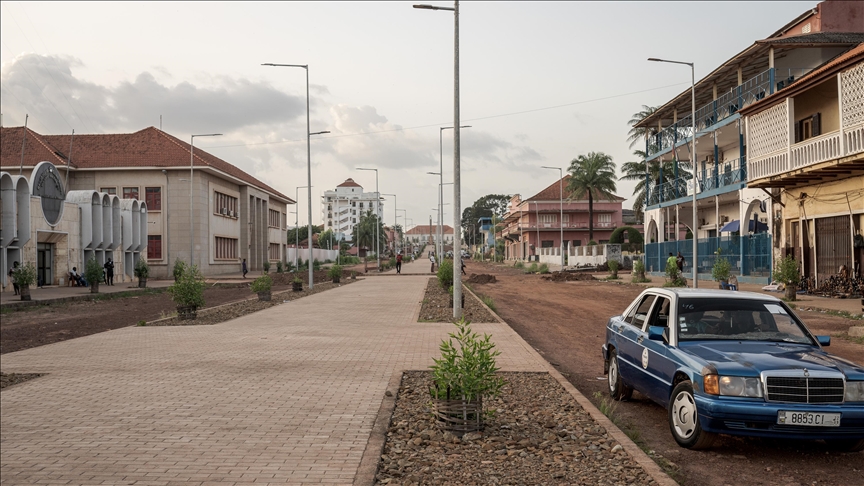Observation missions from the African Union (AU), the Economic Community of West African States (ECOWAS), and the West African Elders Forum (WAEF) have condemned the military takeover in Guinea-Bissau, calling it “regrettable,” a threat to democratic progress, and a breach of regional governance protocols.
The coup was launched on Wednesday while the country awaited presidential and parliamentary election results from polls held the previous Sunday.
Shortly before the putsch, incumbent President Umaro Sissoco Embalo and his main challenger, Fernando Dias, met with election observers and pledged to respect the outcome of the vote.
According to a joint statement signed by former Mozambique President and AU mission head, Filipe Nyusi; ECOWAS mission leader, Issifu Kamara; and WAEF chair, former Nigerian President Goodluck Jonathan, the takeover followed a meeting in which both candidates reiterated “their willingness to accept the will of the people.”
“We deplore this blatant attempt to disrupt the democratic process and the gains that have been achieved thus far,” the joint observer statement read, noting that its signatories were briefly stranded in the country after the coup.
After soldiers announced the seizure of power, Embalo said he was arrested in his office at the presidential palace. Senior officials including Biaguê Na Ntan; Interior Minister Botché Candé; and Deputy Chief of Staff Mamadu Ture were also detained. The AU-EU-WAEF observer team demanded their “immediate release to allow the country’s electoral process to proceed to its conclusion,” as the electoral commission had planned a results announcement for Thursday.
In Abuja, Nigeria’s Federal Government issued parallel condemnations. The Ministry of Foreign Affairs spokesperson, Kimiebi Ebienfa, said the administration learned of events “with profound dismay and deep concern,” describing the takeover as “an unconstitutional change of government” that violated the principles of the ECOWAS Protocol on Democracy and Good Governance.
In a Thursday statement credited to the Ministry’s spokesperson, the Nigerian government framed the coup as “a blatant violation of the fundamental principles of the ECOWAS Protocol on Democracy and Good Governance,” stressing the need for the “immediate and unconditional restoration of constitutional order, the safety and security of all those detained, and full respect for democratic institutions.”
“We warn that those behind this act will be held accountable for their actions, which threaten to plunge the nation into chaos and reverse the hard-won gains of its democracy,” the statement said, adding that Abuja would “work closely with our regional and international partners to take all necessary measures to ensure the swift return to normalcy and constitutional governance in Guinea-Bissau.”
Goodluck Jonathan, who had been leading the WAEF election observation effort alongside Nyusi and Kamara, was later evacuated from the country.
Confirming the development in Abuja, Ebienfa told reporters, “Former President Goodluck Ebele Jonathan is very safe and out of Guinea-Bissau. He left with a special flight with members of his delegation, including Mohamed Chambas.” The Special flight also carried members of his delegation, among them, Mohamed Ibn Chambas and other mission participants.
Embalo, considered the likely winner before the coup halted the electoral timetable, repeatedly told international media, “I have been deposed.” Authorities initially justified the takeover by citing intelligence about “national drug lords” allegedly plotting to import weapons “to alter the constitutional order.”
Hours after shutting land and air entry points, the junta reopened them on Thursday. Speaking to journalists, the Inspector General of Guinea-Bissau’s armed forces, Denis N’Canha, earlier declared the command was “taking over the leadership of the country until further notice.” Later, the armed forces’ Inspector-General, Lansana Mansali announced, “All borders are now open,” signalling a measured easing of tensions.
Guinea-Bissau has experienced persistent political turbulence since independence, recording at least four successful coups while remaining one of the world’s economically challenged states. More than 6,700 national and regional security personnel, including troops from the ECOWAS stabilisation contingent, had been deployed to secure Sunday’s vote.



